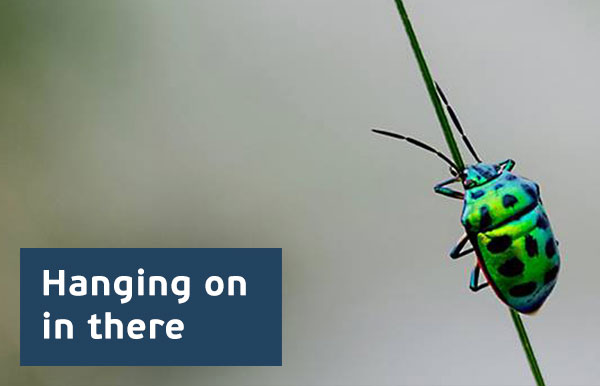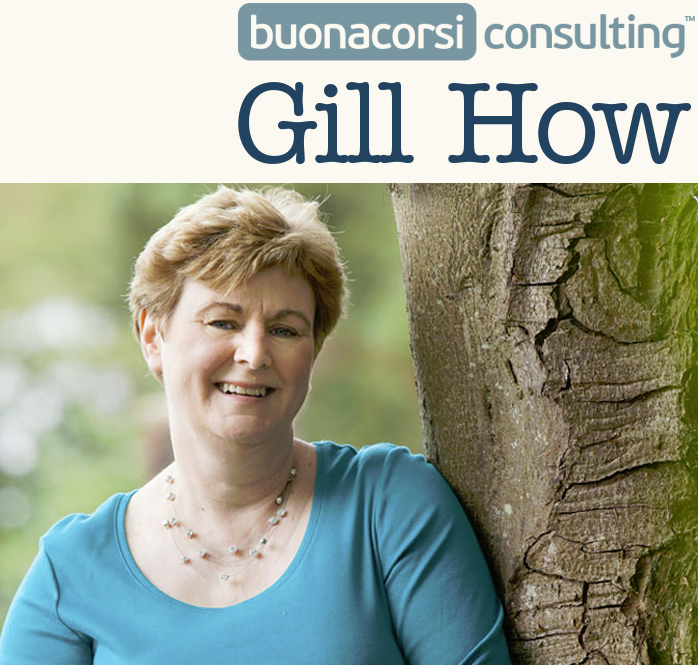We’ve all been there. When the pressure is high and the temptation to find fault with your bid colleagues is extremely tempting.
This is the stage in the bid when the hard work has nearly all been done, the solution created, the interdependencies worked through, the financial model is coming together and the submission date is looming.
There’s an oxymoron; when the bid is nearly there, the team relationships can be at their most fraught. It’s obvious why. Although success is in sight, it’s been a long ride, people have been working extreme hours, most likely not looking after their wellbeing – food, water, sleep, exercise – to their usual standard. For most of us, both our perspective and the length of our fuse with others is far shorter when we’re tired and under pressure.
What can you do as the Bid Director or a Work Stream Lead? It can be excruciating watching a bid team pick fault with each other and yet be responsible for pulling it all together. Based on over twenty years’ experience of working with bid, sales and leadership teams in high performance environments, here are some of the things I have watched you do, that steer the bid process towards a successful submission:
- Genuinely role model. You truly know that your actions are much more believable than your speech. If you say to others, “Go home early at least one night a week”, but don’t do it yourself, you know your team will copy your lead, not your words. You know that making careful choice about visible action is far more important than the words you say.
- Provide supportive feedback. It’s hard when you see a member of the team, usually non-judgemental and encouraging of others, go off the handle about someone else. It’s both a brave and skilled Bid Director who can discretely point this out, bring it to the person’s awareness, help them see more constructive choices and feel good about what they have actually done at the same time. You make sure you do this quickly and well.
- Create space. Other stakeholders, particularly those who have more energy left and sometimes those more senior, think it’s useful to “get involved” and “show support”. (I’m being tactful here.) You make sure that you use your authority and interpersonal skills, discretely and sensitively, to communicate that staying away to give breathing space to the team can be best.
- Offer small gestures. It’s almost an inverse relationship, the smaller the gesture, the higher the impact. My favourite is appreciation – continuing to point out positive qualities about each other, particularly when it’s tough. Doughnuts, cake, fresh fruit, cartoons, Easter eggs, ice cream – you know these all work, and often bring your own inimitable humour to lighten the mood too.
- Invest in your own even keel. You use your own time with your coach and trusted others to decompress, be honest and true to your own judgement, and stock up on your own energy reserves ready for the next important conversation. You know as Bid Director you need to put your own oxygen mask on first, before helping others.
At this stage of the bid, as you know, it’s critical how we are with each other. If we don’t pay attention, relationships will fall over at exactly the wrong time, damage the bid and be more difficult to repair afterwards.
We’re all human – being judgemental of others is so tempting and easy to slip into. It can help us displace uncomfortable feelings and pretend that we are OK and can “hang on in there” all the way to submission, making ourselves better than others. Yet we do know that judgement of others is always short term and gives an artificial, unsustainable boost in performance.
What I have learnt from you is this: you don’t take the risk, you limit unhelpful and inappropriate judgement of others where you can. You hang on in there in positive ways; you pay attention to bid task, team and relationships in all these small ways. Let me know – what else do you do that helps?
And if you would like some help with moving from good to great, I’d love to work you with to help you “hang on in there” in the most positive way possible and win your bid too.
Take a look at my credentials and success stories if you would like to find out more.
Gill How has over twenty years experience of supporting bid, tender, sales, project and leadership teams – helping them be at their best everyday. If you would like an exploratory conversation to see how she can help you meet your goals, contact her here.






Super article, Gill, and very practical – thank you.
Prompts this reflection: the “other stakeholders”, particularly if senior, can make a big difference by offering occasional positive feedback on what they see happening, and on the bid material at later stages of completion. In my experience, this can really energise the team.
Thank you for your comments, Ruth! I completely agree with you about how helpful positive feedback from senior stakeholders can be and I have worked with some who do it brilliantly. Your comment has reminded me that we all need to look at our response under pressure, and what we do that helps or hinders, whatever our level, and to do this with particular awareness at the later stages of a bid.